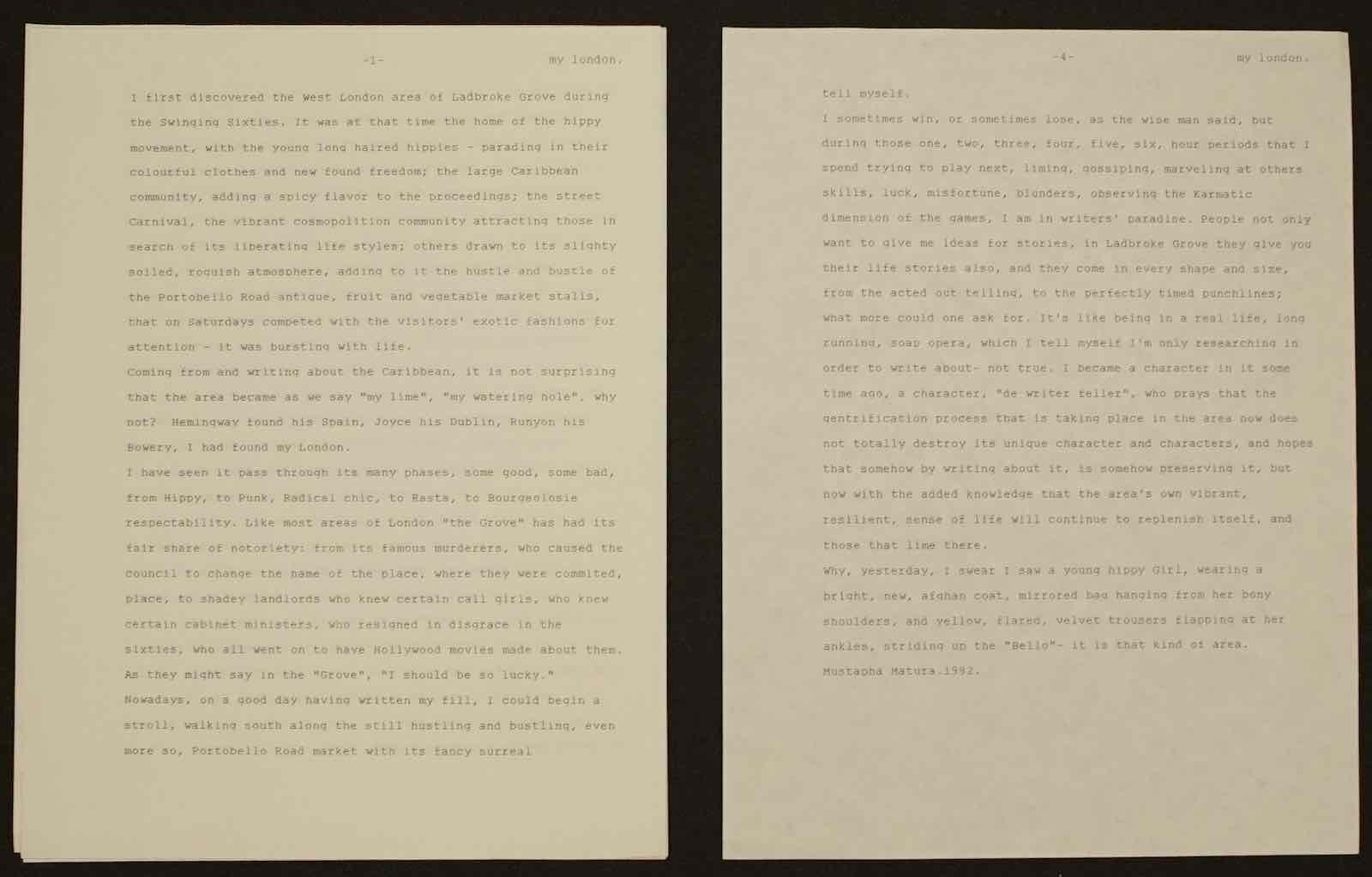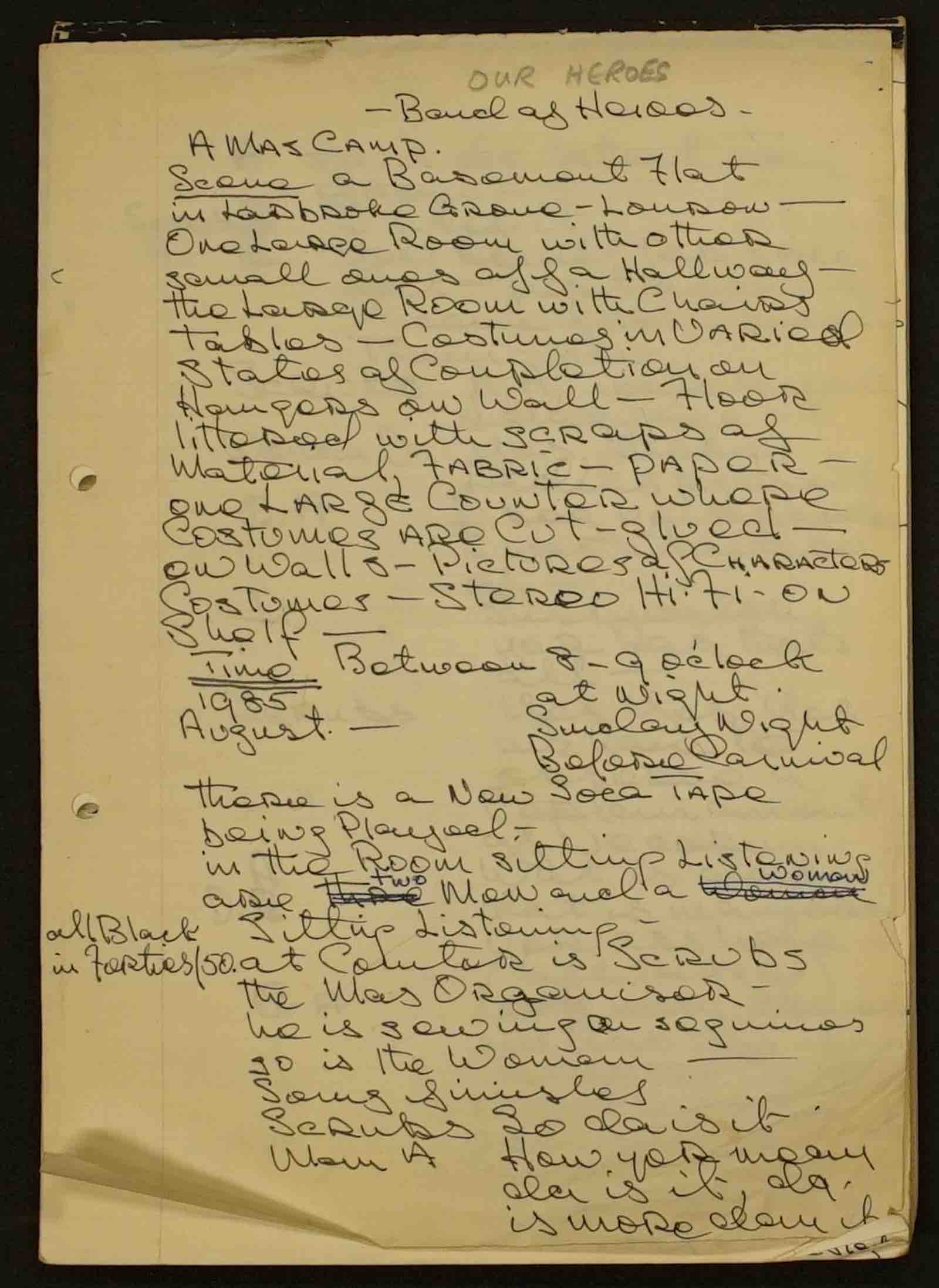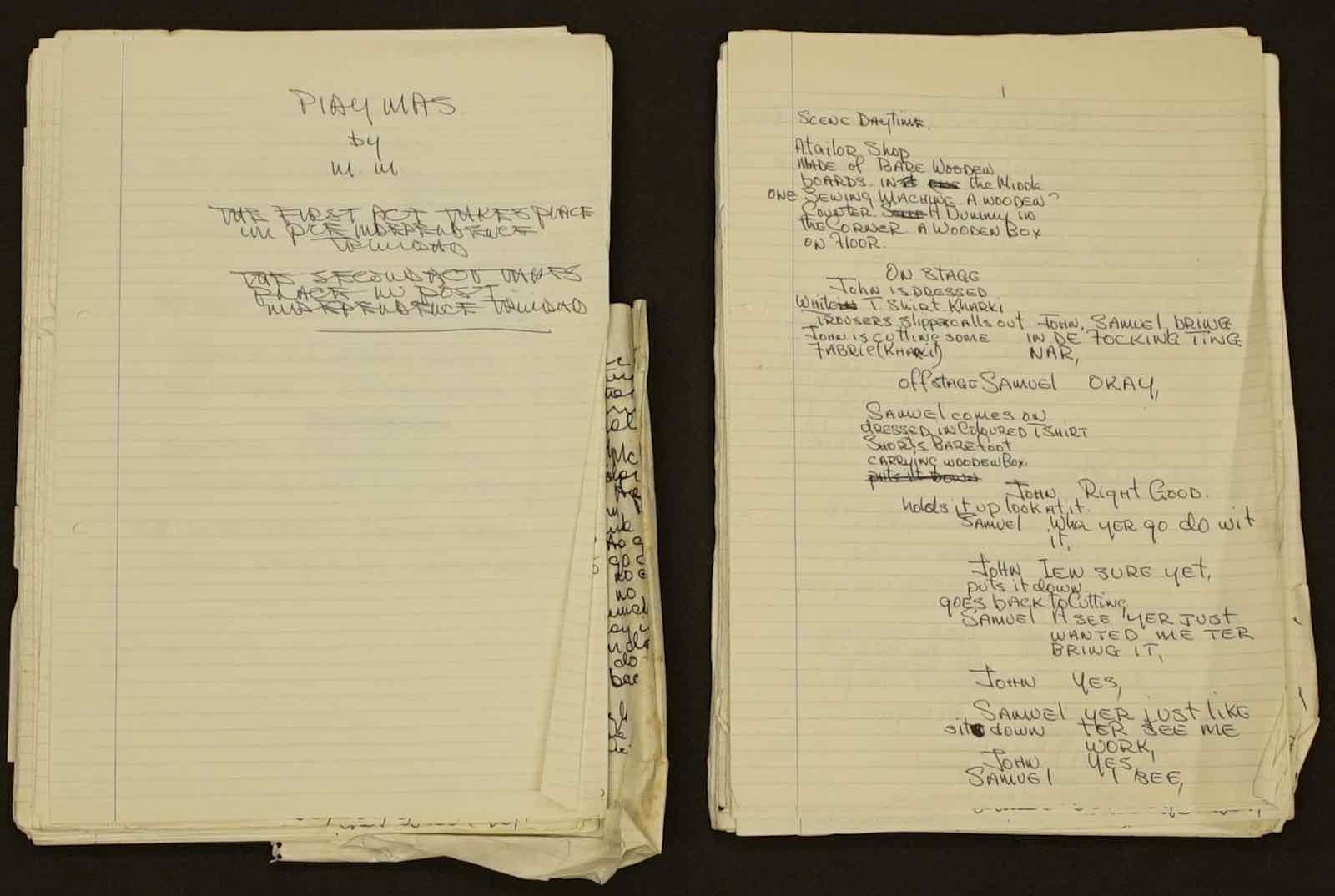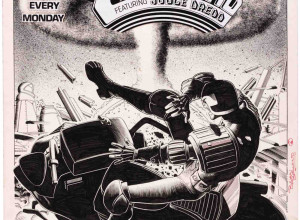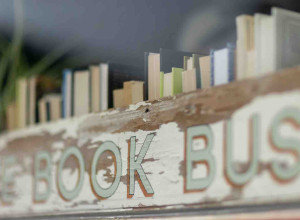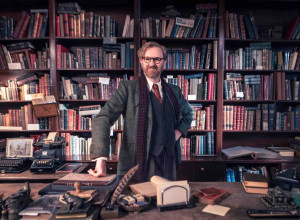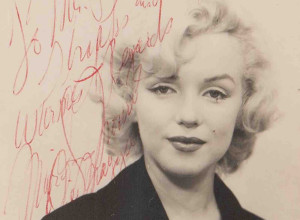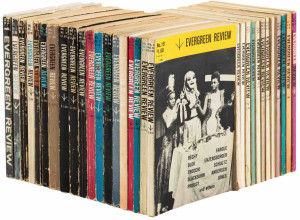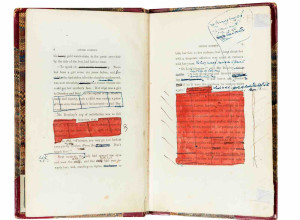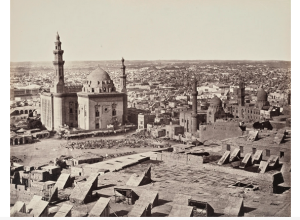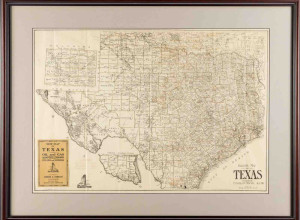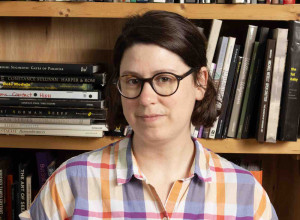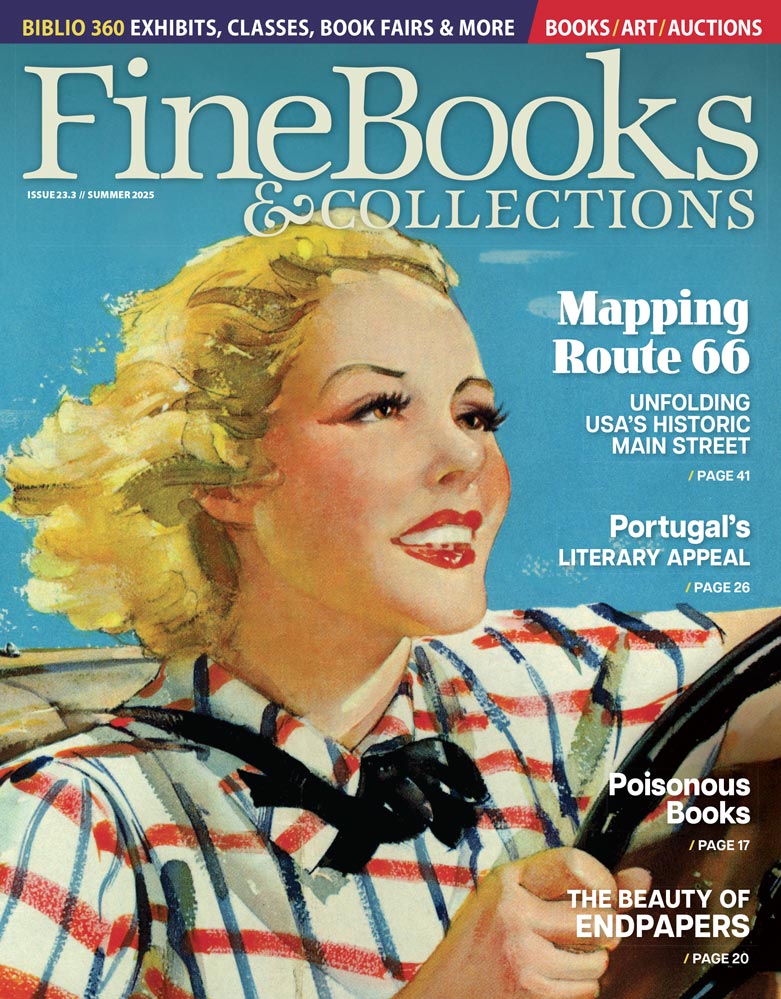British Library Acquires Archive of Playwright Mustapha Matura
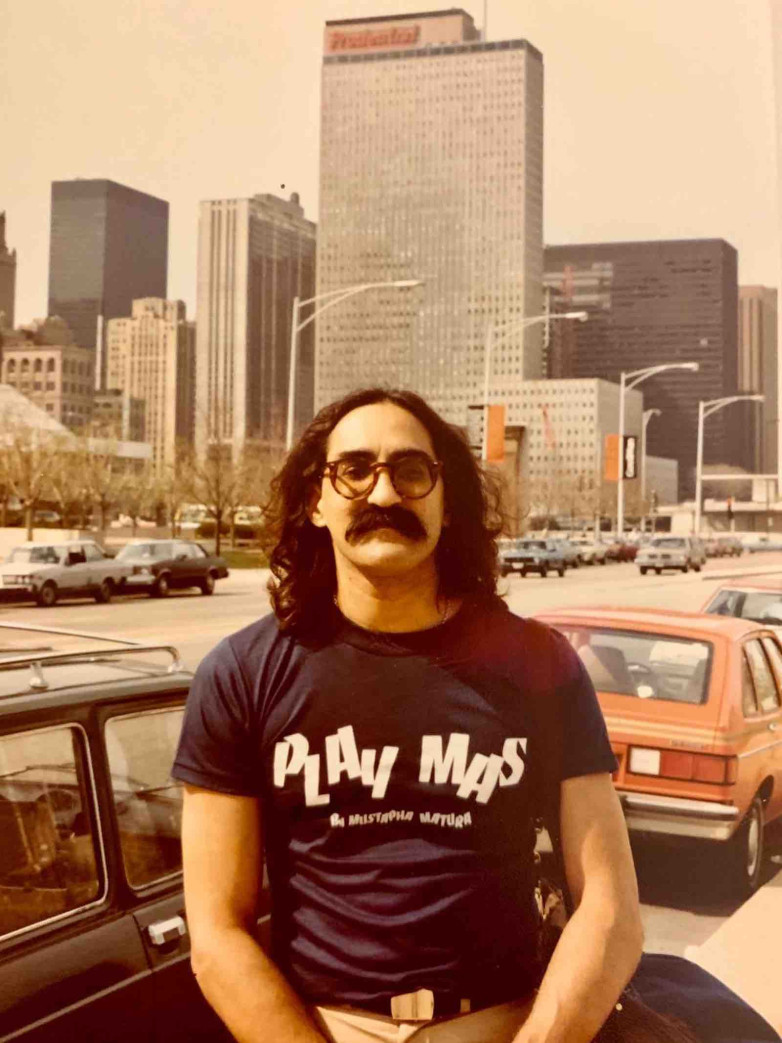
Mustapha Matura
The British Library has acquired the archive of pioneering Black playwright Mustapha Matura made up of 18 boxes of papers and born digital content on two hard drives and 176 floppy disks.
The archive predominantly consists of literary drafts for all Matura’s plays, unpublished and unrealised scripts for stage and television projects and autographical material.
Born as Noel Mathura in Port of Spain, Trinidad, in 1939, he went on to change his name to Mustapha Matura when he became a writer. Matura moved to Britain in 1962 and became one of the first British-based dramatists of colour to have a play staged in the West End when Play Mas moved from The Royal Court Theatre to the Phoenix Theatre on Charing Cross Road in 1974.
Matura (1939-2019) paved the way for a new generation of Black British writers, co-founding the Black Theatre Co-operative in 1978, which led to the creation of groundbreaking sitcom No Problem! which ran for two series on Channel 4. He contributed to, wrote for and directed several television productions throughout his career, including the BBC series Black Silk.
Highlights of the archive acquired by the Library include:
- literary drafts of Play Mas (1974) set on the eve of the annual Trinidad carnival, Welcome Home Jacko (1983) examining the lives of four West Indian teenagers in Britain, Rum an’ Coca Cola (1976) about a once highly acclaimed calypso singer, The Coup (1991) exploring a farcical, fictional coup in independent Trinidad and Tobago, and Playboy of the West Indies (1988) based on J M Synge’s Playboy of the Western World (1902)
- drafts of unpublished and unrealised scripts for stage and television, including for Band of Heroes/Our Heroes about Notting Hill carnival and The Life of Boysie Singh inspired by the infamous 20th century Trinidadian pirate and criminal
- the first chapter of an unpublished autobiographical novel entitled The Prinz of Netherlander recounting Matura’s journey to England where ‘he was, at twenty one, equipped for life mentally an’ sartorially, the reassuring shudder of the ship’s engines confirming he was distancing himself from his small island’
- a short non-fiction piece about Ladbroke Grove, which Matura described as ‘writers’ paradise’, written in 1992
- poetry from the late 1960s/70s which includes handwritten and typescript drafts of poems as well as an examples of Matura’s published poems, including Thought on Freedom which was published under the pseudonym ‘Rakeman’ in the journal, Spirit, in 1970
Other key works by Matura, which are also represented in the archive, include Independence (1979) charting Trinidad’s move towards self-governance, Meetings (1981), a subtly satirical portrayal of a young professional Trinidadian couple, and Trinidad Sisters (1988), an adapted version of Chekhov’s Three Sisters (1900).
"We are delighted to have acquired Mustapha Matura’s archive which will be a significant addition to our Caribbean diasporic collections," said Helen Melody, Lead Curator of Contemporary Literary and Creative Archives at the British Library. "Matura was a major figure in post-war British theatre with success in the UK and internationally. The archive is a particularly rich resource for textual study of Matura’s plays as it contains successive drafts, which allow a real insight into his creative process."
Ingrid Selberg, Mustapha Matura’s widow, said: "Mustapha would have been thrilled, honoured and humbled to have his works find a home at the British Library. He would have found it ironic too, as he’d left school at 14, and followed an unconventional path into becoming a successful playwright. I hope that the acquisition will inspire interest in his works and legacy, which we are also trying to promote through the creation of the annual Mustapha Matura Award for a promising Black British playwright."




